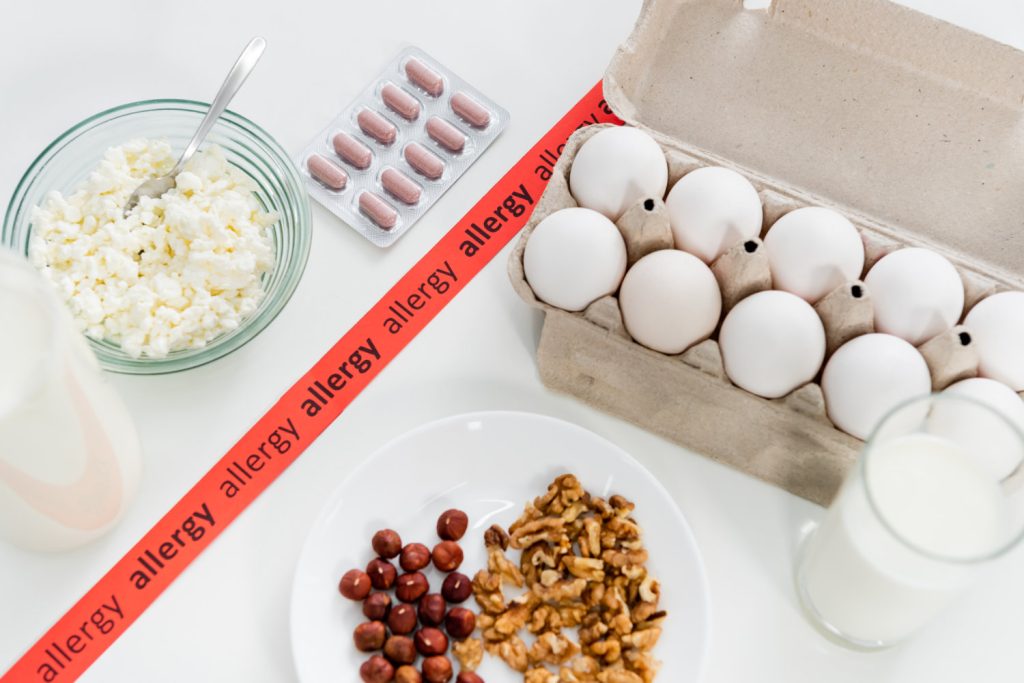National Safety Month
The National Safety Council deemed June National Safety Month in 1996, aiming to “increase awareness of the leading safety and health risks and ultimately decrease the number of unintentional injuries and deaths in the U.S.”
Identifying potential dangers in your everyday environments can prevent accidents, injuries, health risks, and deaths. By practicing a few safety measures, you can be saving a life at work, at home, and in your community.
What can you do to practice preventative-safety measures can you take?
Here are some ideas:
- Make sure you and your loved ones have drills in place for:
- Medical events
- Tornados
- Fires
- Shelter in place orders
- Get a first-aid kit
If you already have a first-aid kit, ensure that it is fully stocked - Take a CPR class or re-up your certification
- Learn how to identify hazards in your environment
The National Safety Council has created a task for each week in June to help you identify safety concerns and prevent injuries and illnesses.
Week 1: Prevent Incidents
- To create a safe workplace, it is critical to identify risks and take proactive safety measures to decrease hazardous exposures.
In the workplace this can mean ensuring chemicals are stored safely, machinery is turned off when not in use, always wearing personal protective equipment, and receiving the proper training to do the task at hand. - It is critical to identify risks in your own home as well to prevent accidental illnesses and injuries.
Store cleaners away from places small children or pets could get into, cover electrical cords to prevent tripping as well children or pets chewing on cords, and place anything glass in a spot where it’s the least likely to be knocked down.
Week 2: Address COVID-19 Safety Concerns
- Employers play an essential role in building vaccination trust, providing education on COVID prevention, and expanding their operations as the pandemic persists.
- In your home, have a plan in the event you or someone else in your home develops COVID symptoms. Have extra masks on hand, know where you can order groceries from, and know where to go for COVID testing.
Week 3: It’s Vital to Feel Safe
- An inclusive culture requires people to be themselves without fear of retaliation. The workplace and home need to be concerned with more than physical security. Learning about mental and emotional abuse, as well as sexual abuse can help everyone feel a little safer in their everyday environments.
Week 4: Advance Your Safety Journey
- When it comes to safety, it’s important to know safety is an ongoing journey. Staying up to date with safety precautions and learning about safety measures will help prevent injuries, illnesses, and deaths.
Do you want to give back to those who keep you safe? You can donate to the National Safety Council and learn more about what they do here. They remain committed to saving lives every day.




